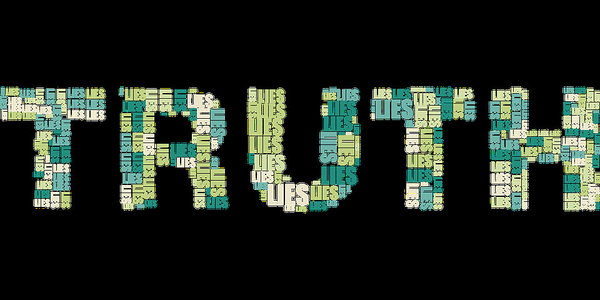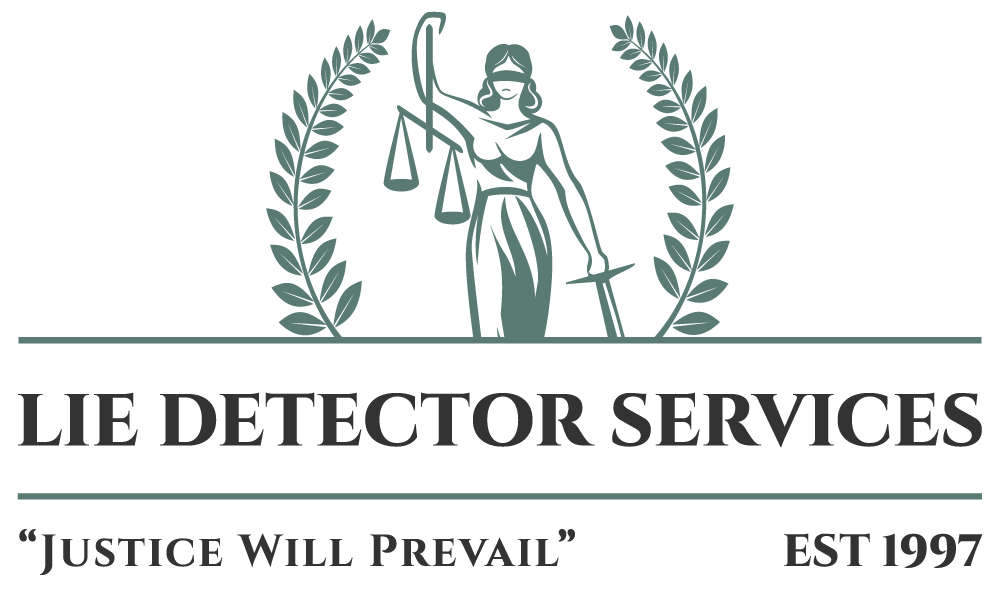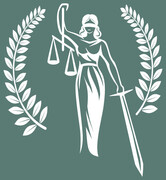
What is a lie? Lie Detector Near Me- Book Now
Thursday 1st December 2022
EM
Half-truths, lies and the “little white lie”
We would like all to say that throughout our lives we have never told a lie, but that would be a fib now, wouldn’t it? We are all guilty of lying but there is a vast difference between the types of lies we tell. It is important to know the difference between what is socially acceptable to lie about and what is damaging to the person on the receiving end of it, so what is a lie in reality?
It is obvious that an actual lie is basically something that is clearly untrue, the “little white lie” is to save someone’s feelings and last but by no means least you have the “half-truth”. The half-truth is where someone will omit to tell you something, therefore feeling they have not lied at all.
Half-Truth good or bad?
These are the more complex and most dangerous of the three because the person telling it does not see it as a lie at all. The types of people who tell these sorts of lies are usually manipulative and in essence just playing games. The person knows they are twisting the truth for their own gain. The “half-truth” teller uses truthful aspects of the situation but will add or remove what they feel is damaging to them, or their situation. In contrast they may add to the truth to make them look superior to others.
Remember these types of lies fall under a well-known saying “there are always two sides to every story”. If you get both sides the truth will be somewhere in the middle. These types of lies can be misleading and are always designed to protect some sort of wrongdoing. The types of people who use this technique are often abusive, narcissistic, and possessive.
On the other hand, the “half-truth” is often used by children for instance “I didn’t eat ALL of the sweets there is one left”. Harmless as that is learning this behaviour early on could lead to potential problems in adult life.
The “little white lie”
This is the most common type of lie and many people believe the “little white lie” is acceptable, they believe they are only telling the little fib for a good reason, such as to protect someone’s feelings or to avoid a confrontation. It is important to think about the person who does tell you the “little white lie”. Does it happen often? Do you question when they are telling you the truth? If someone finds it easy to lie from day to day, even though these lies have no negative affect on someone, what are they telling the truth about? If someone finds it easy to lie about the small stuff, the same can be said for the bigger things that do matter.
White lies are also potentially dangerous as they can spiral out of control. What started as a little lie steam-rolls into something much bigger. For example, you do not want to go work as you drank too much wine on a night out, you call in sick and your boss asks you if you have been to the doctor. You have to say you have spoken to them, as why would you not if you have been throwing up all morning like you said you have.
Your boss asks all about your conversation with your doctor and before you know it your hangover has turned into gastroenteritis, and you must take more time off just to make the illness believable. Later down the line, your boss (as they have now seen your social media pictures from the night out) will ask you about it out of the blue and you will drop yourself in it. It’s been a few weeks and you cannot remember the conversation. In my opinion tell the truth, they may not like it and you could get a warning but lying is worse and they always find out in the end.
Big Fat Lies
You should not tell any lies, however this one is the “piece de resistance” to avoid at all costs. If you get caught out telling a “whopper” it is impossible to get out of. This type of communication is only designed for one purpose and that is to deceive. This is the go-to place for the gamblers, addicts, fraudsters, and cheaters. This person has done something wrong and now they have to lie to get out of it. As with all untruths the facts will eventually surface, destroying any trust in a relationship and eventually ending it.
The moral of this little blog is that it is always better to be honest. Maybe you cheated on your partner, and they have accused you (they probably already know). Be honest, tell the truth. If you’re lucky, they may forgive you and try to rebuild the trust that has taken your whole relationship to build but only took minutes to shatter. Don’t lie to your partner about where you are or who you are with, be honest. This may cause an argument, but disagreements are a lot easier to solve than lies.
We are all guilty of lying at some point, but it is never too late to change that behaviour and look forward to a brighter and more honest future.
If you need our help to reveal the lies you think you have been told, contact our dedicated Customer Care team for more information on 0800 774 7268, or visit us online today!




